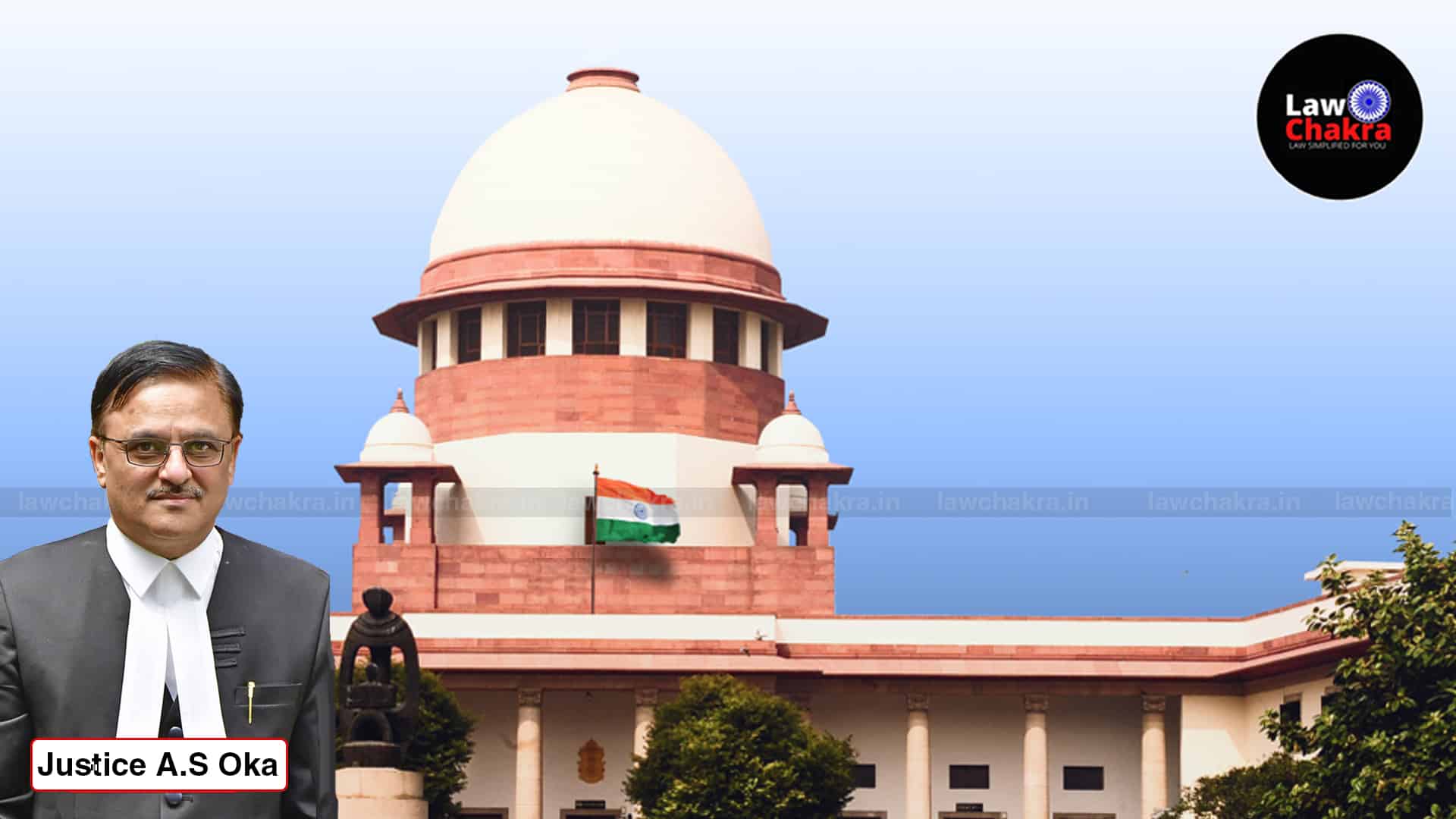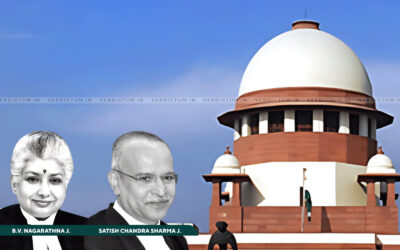Former Supreme Court Judge Abhay Oka

Thank you for reading this post, don’t forget to subscribe!
Former Supreme Court judge Abhay Oka said the collegium system has flaws, but any replacement must be a better alternative. He also spoke on judicial independence, media’s role, and environmental protection.
Mumbai: On August 8, former Supreme Court judge Justice Abhay Oka on Friday said that while some people believe the collegium system for appointing judges is flawed, there must be a better alternative before it can be replaced.
Speaking at an event in Mumbai on the topic
“Holding the government to account: The role of an independent judiciary and a free press”,
Justice Oka stressed that no system is perfect, whether it is the judiciary or the executive.
Under the current system, a collegium made up of the senior-most judges recommends names to the Union government for the appointment of judges to the High Courts and the Supreme Court.
Addressing concerns about its functioning, Justice Oka stated,
“Somebody may say the collegium system is wrong, but then we have to evolve a better system to replace the existing collegium system.”
He emphasised the inherent limitations of any governance process, remarking,
“No system can be perfect. Every system has its flaws. Judiciary has its flaws, executive has its flaws. So we have to find a better system….evolve a better system.”
Justice Oka was responding to a question about the delays in the appointment of certain judges. He explained that such delays generally occur
“after the collegium has made the recommendation.”
Referring to judicial precedent, he pointed out,
“There is a judgment which says the government can send back a recommended name for reconsideration of the collegium (instead of avoiding taking a decision), but this judgment is not being implemented.”
Moving to the topic of freedom of speech and expression, Justice Oka said judges must separate personal opinions from legal duties.
“But as a judge, my duty is to only find out if there has been any violation of a law or fundamental rights. I can only write a strong judgment and my duty ends there.”
He contrasted this with the power of the media, noting that
“The media, however, has the power to shape, mold or change public opinion or perception, and hence can take a stand on whether something is right or wrong.”
On environmental protection, Justice Oka pointed to political pushback in Mumbai against court rulings that favour environmental causes.
“There is always an attempt by the executive to overreach court orders when matters are pertaining to the environment,”
he said, urging both the judiciary and the press to reflect on their own roles in environmental advocacy:
“both the media and judiciary should ask themselves if they had done enough to protect the environment.”
Justice Oka’s remarks come at a time when the collegium system continues to face criticism from some sections of society and political leadership, with debates over judicial independence, delays in appointments, and transparency in the selection process.
His call for evolving a “better system” while acknowledging the flaws in all existing systems reflects a balanced view of reform — one that seeks constructive improvement rather than wholesale rejection.
Click Here to Read Our Reports on Justice Yashwant Varma

